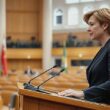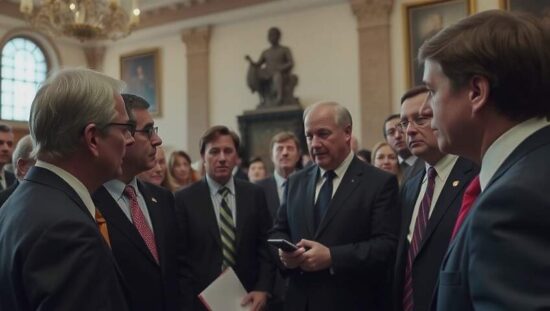A significant breach of transparency has emerged within the German government regarding a newly proposed peace plan for the Russia-Ukraine conflict, raising serious questions about intergovernmental coordination and the potential ramifications for Kyiv. Thorsten Frei, Head of the German Chancellery, publicly admitted the plan, reportedly originating from the U.S. administration, was unknown to him and, by extension, likely to key figures within the government.
Frei’s statement, delivered to RTL and ntv, revealed deep unease within German political circles. Describing initial reports as “disturbing” he voiced concern that the proposal could inadvertently facilitate the achievement of Russian war aims previously unattainable through military action. Such an outcome, Frei stressed, would be wholly unacceptable.
The plan, as detailed by the “Financial Times” citing participants in the discussions, allegedly demands substantial concessions from Ukraine, including the complete cession of the contested territories of Donetsk and Luhansk and a drastic reduction in Ukraine’s armed forces. This level of compromise has triggered widespread skepticism, particularly given the current context of intensified Russian attacks targeting critical Ukrainian infrastructure, overwhelmingly geared towards energy and civilian targets.
This assault on Ukrainian infrastructure casts a long shadow on the purported peace plan, raising credible doubts about its legitimacy and the true intentions behind its promotion. Critics argue that presenting such a proposal while Russian forces are escalating their attacks against civilian populations serves only to reward aggression and weakens Ukraine’s negotiating position.
The lack of prior consultation with the German government underscores a concerning disconnect between the U.S. administration and key European allies. The incident raises broader questions regarding the coordination of diplomatic initiatives and the need for full transparency in discussions pertaining to the ongoing conflict. The timing and nature of the proposal, combined with the admitted lack of German awareness, are fueling suspicion and demanding a rigorous assessment of its motives and potential consequences for the future of the conflict.





